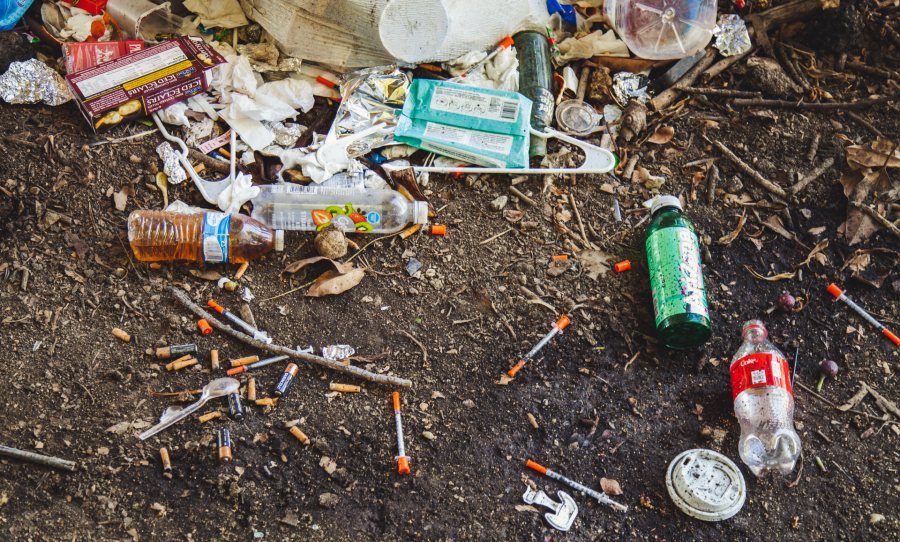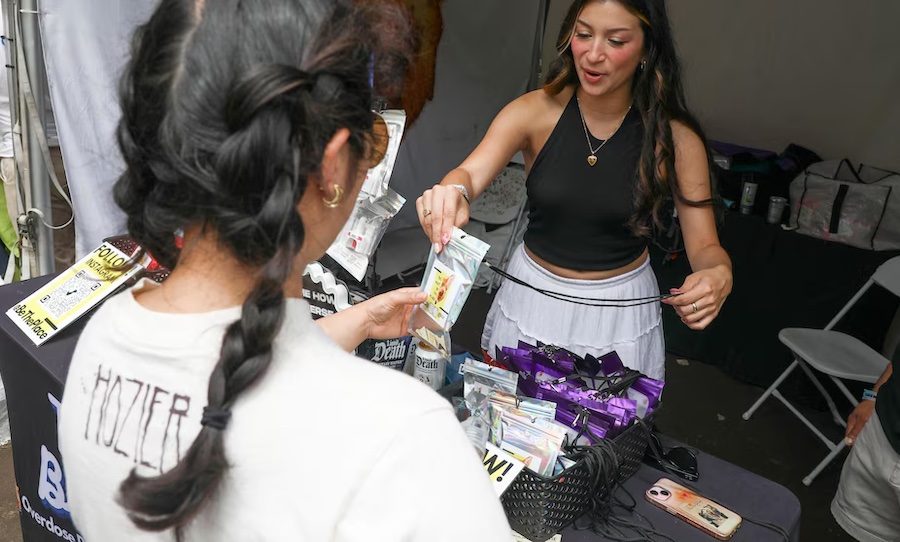MP Fiona Patten finds both support and opposition for her bill decriminalising illicit drug use in Victoria.
Leader of Victoria’s Reason Party, Fiona Patten, will introduce her drug decriminalisation bill to the state’s upper house on Wednesday.
The bill aims to retcon Victoria’s “greatest public health policy failure”, a drug treatment centre said, in hopes to decriminalise the use and personal possession of all illicit substances.

Patten, known for addressing progressive agendas, believes in reframing drug dependency as a health issue instead of a criminal one.
The bill, based on Portugal’s successful drug reformation policy, will abstain from issuing criminal charges to drug users and instead will see police issuing mandatory notices to users for drug education and treatment.
The reform is backed by evidence from the UN, World Health Organisation and Royal Australian College of Physicians, which indicates that it will reduce accidental-overdose deaths.
Next week I will present a Bill to the Victorian Parliament to decriminalise all drugs. This is about treating drug use as a health issue, not a criminal one. We need education & treatment, not prison. #springst pic.twitter.com/L05ijzGkAB
— Fiona Patten (@FionaHPatten) February 17, 2022
Patten said: “this needs bipartisan support. If we look at other measures that we have pushed through this house – life safe-access zones, supervised injection rooms, voluntary assisted dying – we started from a position where no one wanted to support it to a position where everyone supports it.”
The Victorian government and opposition have firmly ruled out supporting the proposed bill.
Victorian Treasurer, Tim Pallas, said on Friday: “our position is we have no plans to decriminalise. It is clear that we do have in place diversion programs for the possession of small quantities of drugs. We’ve spent a lot of time going after those who manufacture and market in volume… illegal drugs”.
Labor spokesman on police and community safety, Brad Battin, said: “decriminalising dangerous drugs sends the wrong message and won’t help Victoria recover and rebuild. Victorians need a government focused on fixing our healthcare crisis, keeping our kids in school, keeping small businesses open and getting our state back on track”.
Patrick Lawrence, chief executive of addiction, mental health, and legal services hub First Step, said, “we’re talking about adults who survived childhood traumas, childhood abuse and neglect, homelessness, poverty, and the absence of love”.
The 50-year war on drugs is one of the most disastrous public policy failures in modern history. It ruins lives, wastes public money and lines the pockets of criminals. It's time for a better, smarter conversation about drugs. #healthnotharm #springst https://t.co/0jjndRBDvi
— Fiona Patten (@FionaHPatten) February 19, 2022
“Most of us would move mountains to prevent harm occurring to a child. At what age (is) an adult… no longer worth our compassion?”.
Baden Hicks, a recovered drug addict, said: “drug addiction is like having a broken leg. The criminal justice system comes along and breaks my arm trying to teach me not to break my leg again.”
The road to decriminalising illicit drug use is evidently wrought with ideological obstacles, but with the success of overseas policies, there is undeniable evidence to persist in swaying both government and public opinion towards compassion for victims of drug abuse.



